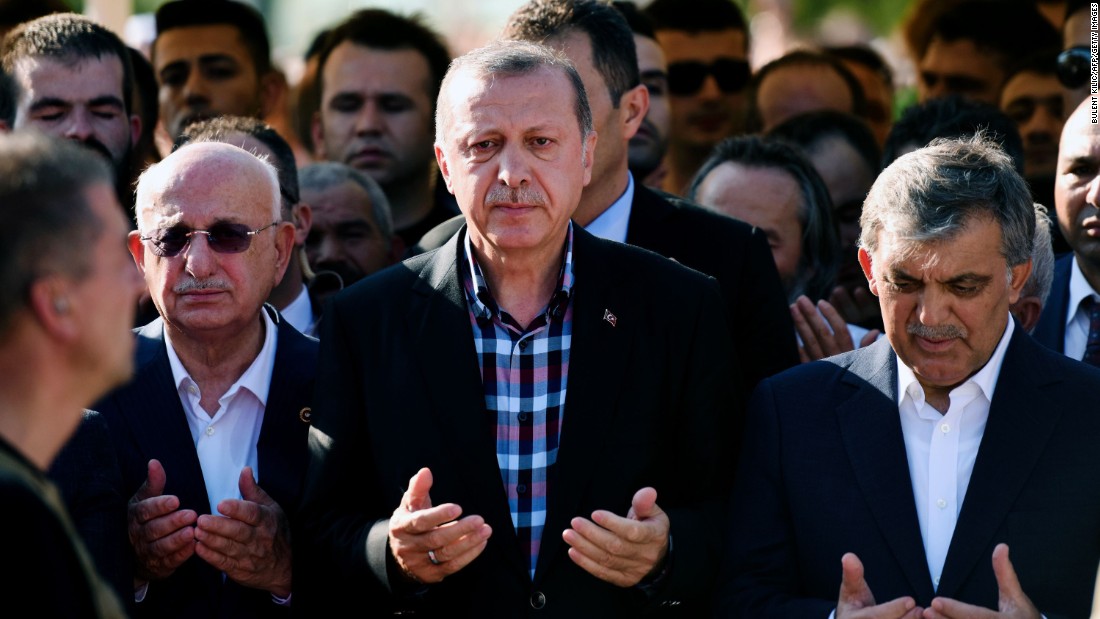
- 21 Jun 2018
[Arabia Asia] Tigers-Turned-Traitors? The Business of Devotion in Turkish Foreign Policy
[This event was organised by MEI’s Arabia-Asia Research Cluster, as part of its monthly internal seminar series.]
Attendance was open to the NUS community only but those not from NUS who were interested could email meievent@nus.edu.sg.
Abstract
This paper explored the mutual transformation of the Turkish state and a religious diaspora through the concept of twenty-first-century messiah. Though often considered to be a long-gone medieval ideology, messianism (or mahdism in the Islamic traditions) continues to be the glue of several religious communities today. At their center is the messiah, whose apocalyptic mission fuses religious authority and political sovereignty, allowing him to perform the roles of both a king and a saint. I conceptualized this form of sovereignty as diasporic kingship, in which saints act like kings although they don’t possess a state of their own. Historically, movements led by messiahs culminated in two distinct structures: in failure they became a religious diaspora spread across many states; in victory they produced distinctive states of their own. When diasporas became states, messiahs became kings. I used this broad messianic lens to examine Turkey’s Gülen community, a religious diaspora that has recently come into the limelight for a coup attempt against Recep Tayyip Erdoğan. Through a combination of ethnographic observations, textual analysis, and historical juxtapositions, I analyzed Gülen’s messianic endeavor—and failure—to transform a religious diaspora into a state and the role this played in Turkey’s cultural, political, and economic transformations since the Cold War’s end.
About the Speakers

Research Fellow
Middle East Institute, NUS
Serkan Yolacan studies mercantile and religious networks as channels of informal diplomacy across West Asia. His book project The Azeri Triangle: Informal Diplomats across Iran, Turkey, and Russia connects the modern histories of three major states through an ethnographic and historical study of a diasporic society and its cross-border engagements. The project reveals the Azeris’ historic role in West Asian politics and parallels it to that of the Arabs in the Indian Ocean and the Chinese in Southeast Asia. Yolacan holds a PhD in Cultural Anthropology from Duke University and an MA in Sociology and Social Anthropology from the Central European University. Prior to obtaining his doctoral degree, he worked as projects officer at the Turkish Economic and Social Studies Foundation (TESEV) in Istanbul.




